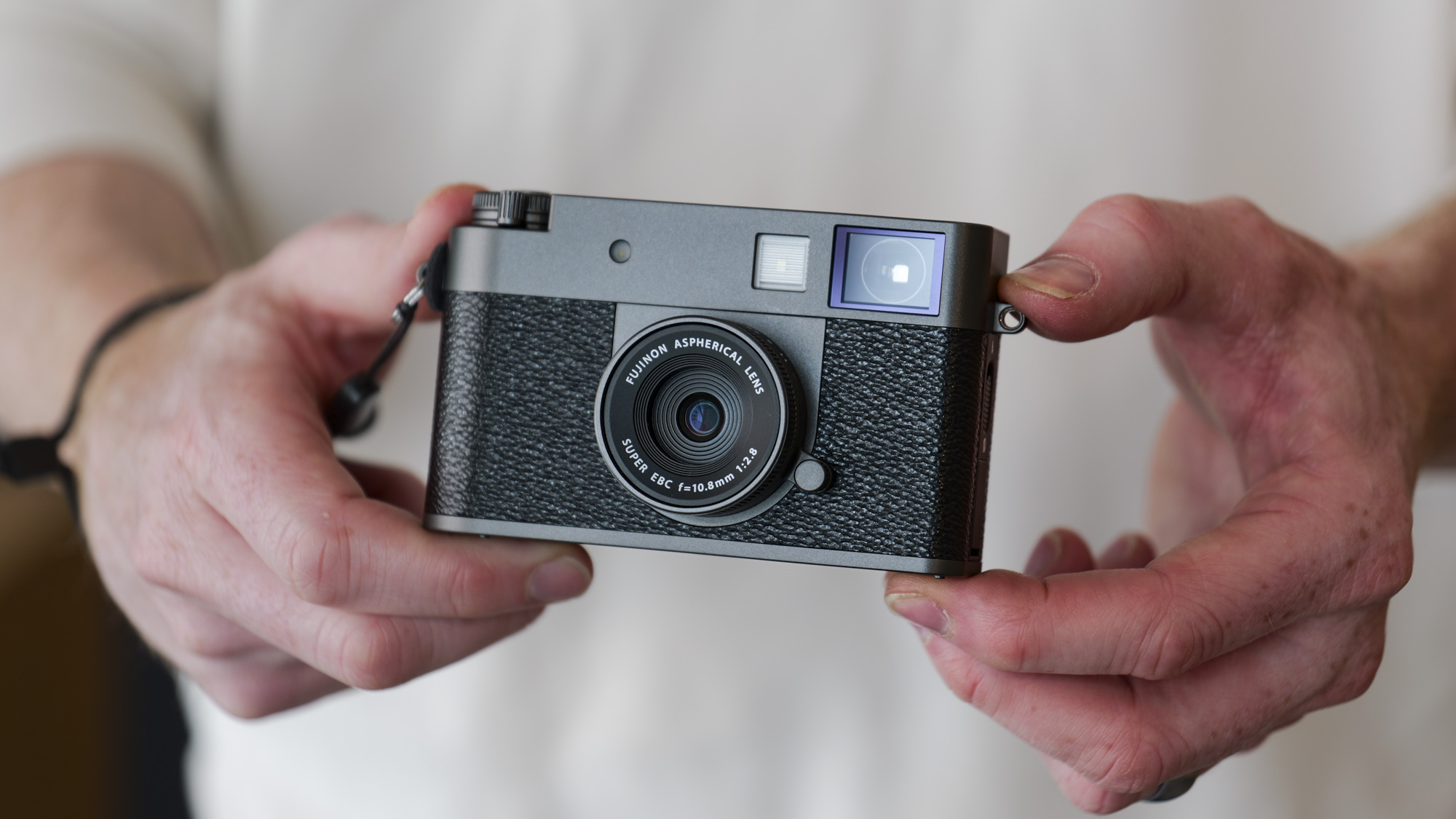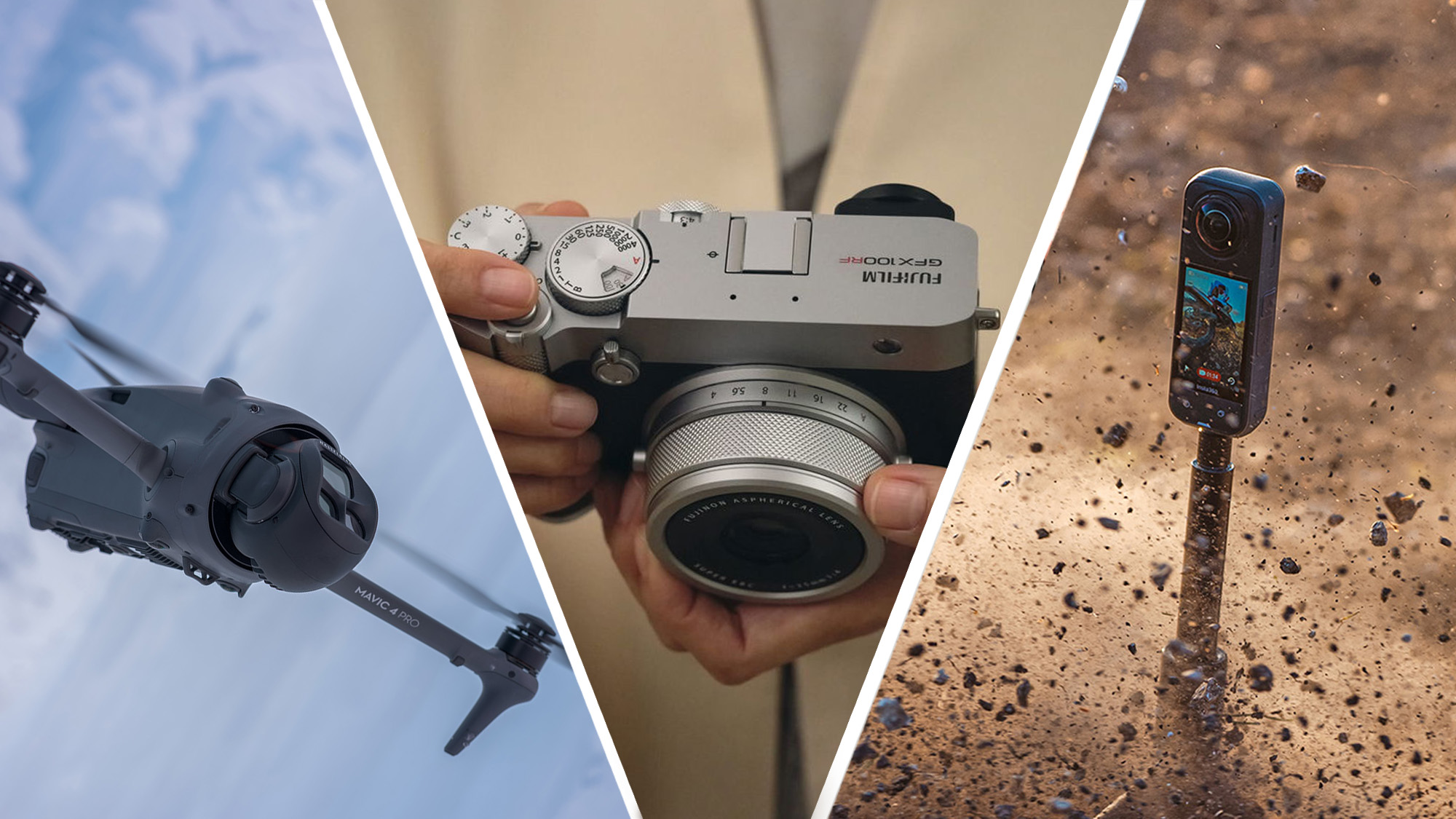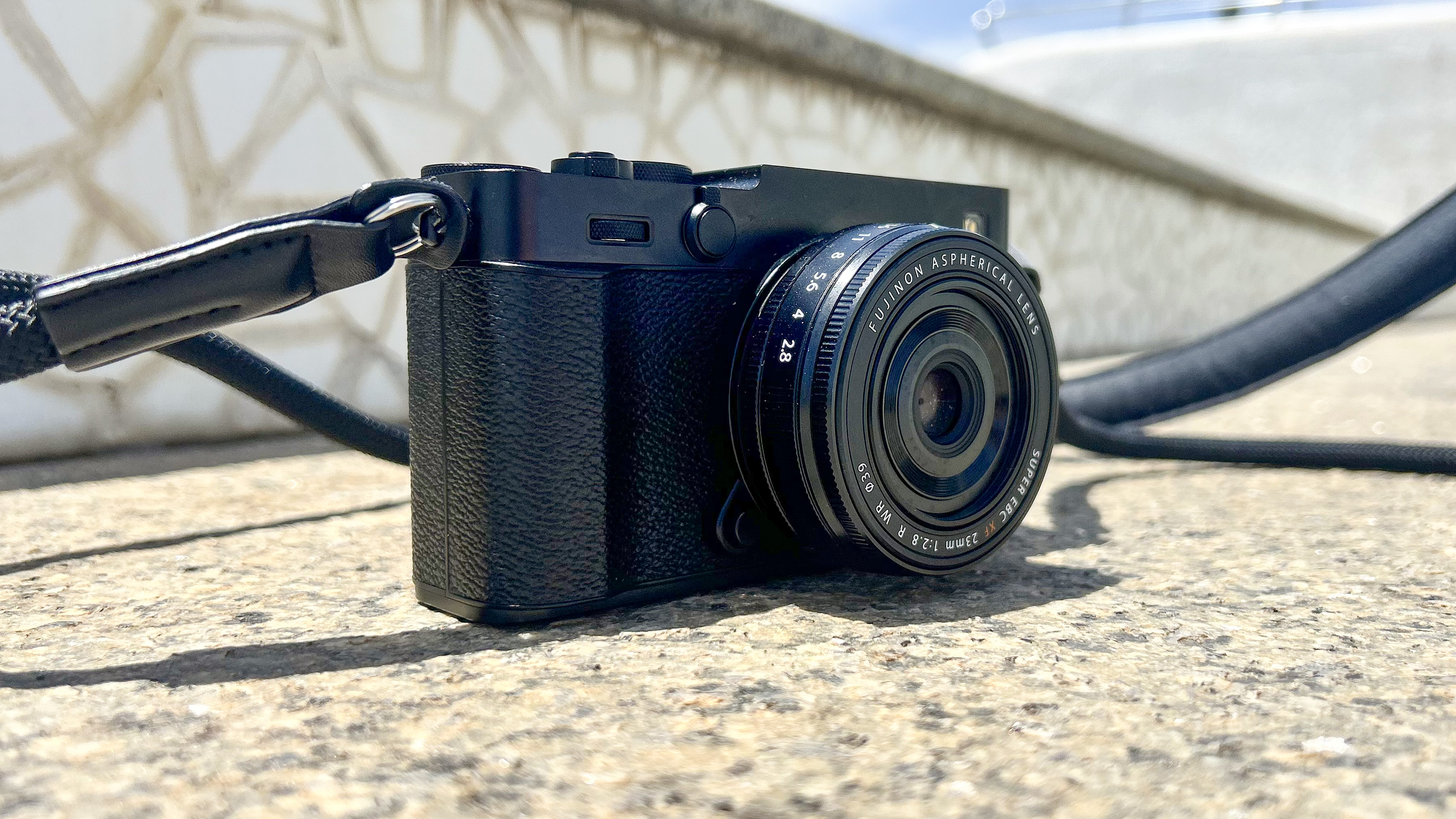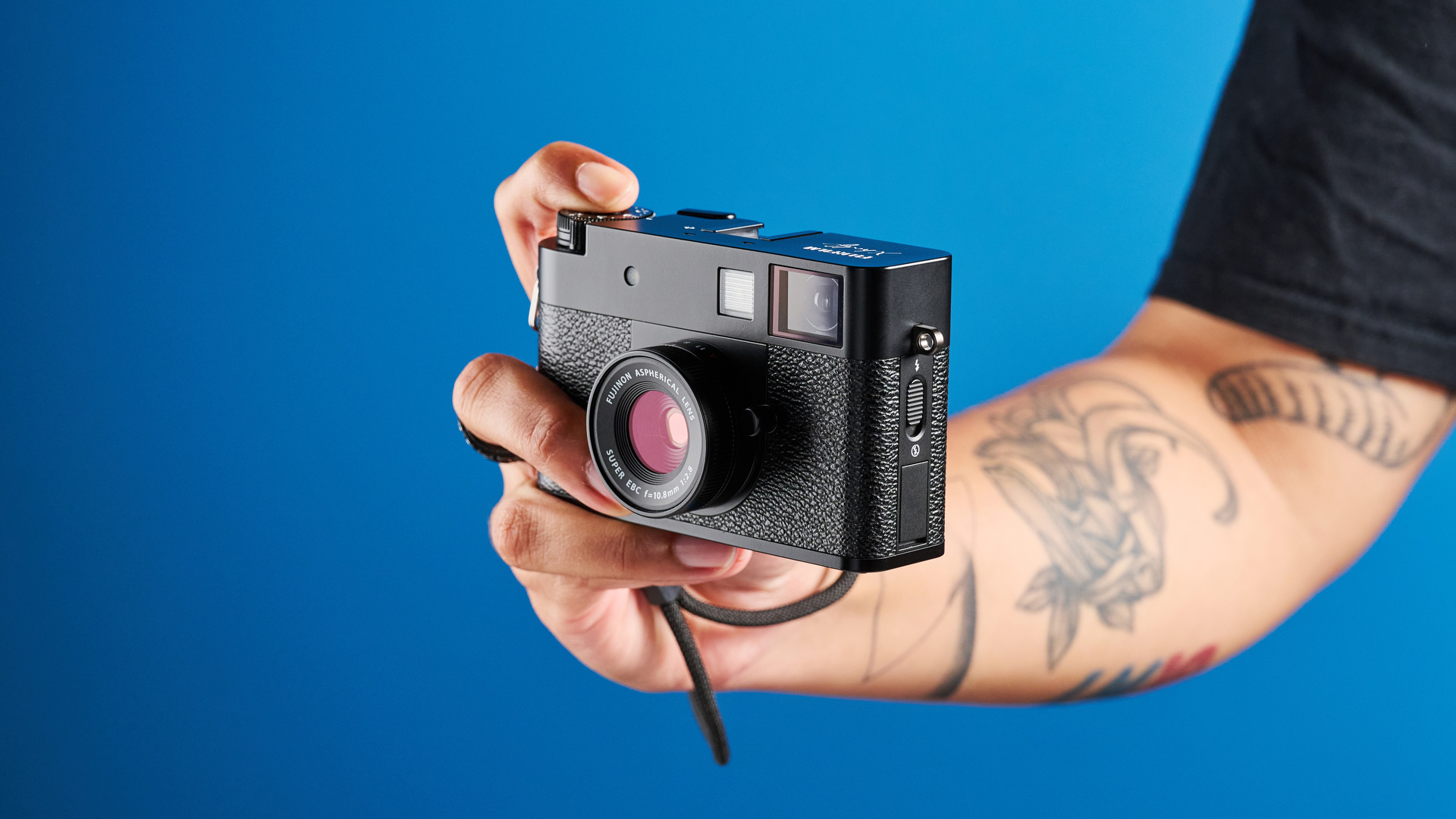Understanding Camera Sensor Technology and Image Quality
The heart of any digital camera lies in its sensor technology, which fundamentally determines image quality, low-light performance, and overall photographic capabilities. Full-frame sensors, APS-C sensors, and micro four-thirds systems each offer distinct advantages depending on your photography needs and budget considerations.
Full-frame sensors provide superior low-light performance and shallow depth of field control, making them ideal for portrait photography, wedding photography, and professional commercial work. The larger sensor size captures more light, resulting in cleaner images with less noise at higher ISO settings. Additionally, full-frame cameras offer better dynamic range, allowing photographers to capture more detail in both shadows and highlights.
APS-C sensors strike an excellent balance between performance and portability, offering professional-quality results in a more compact and affordable package. These sensors provide a crop factor that can be advantageous for wildlife and sports photography, effectively extending the reach of telephoto lenses. Many professional photographers choose APS-C systems as their backup cameras or for specific shooting scenarios where size and weight are crucial factors.



